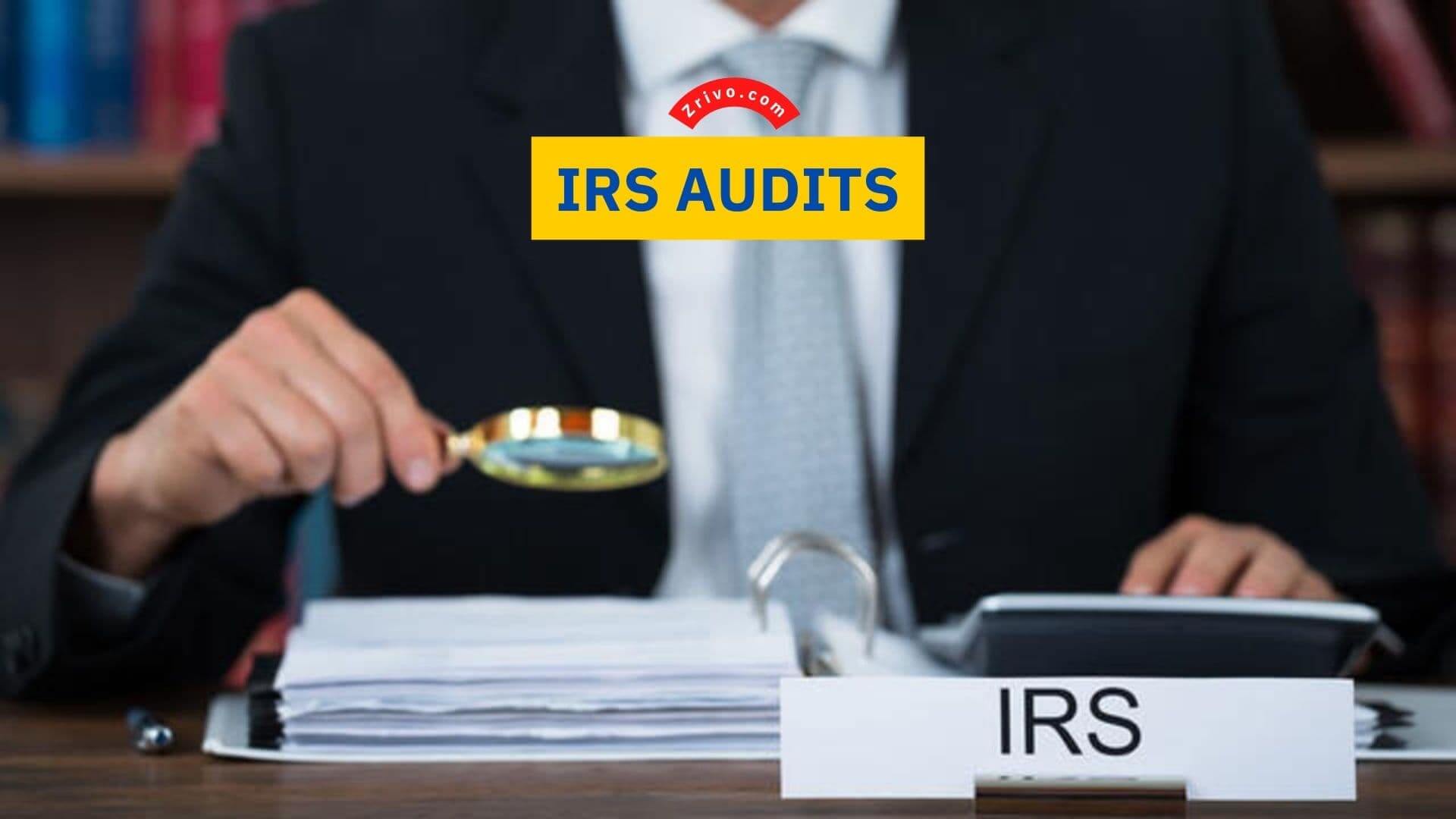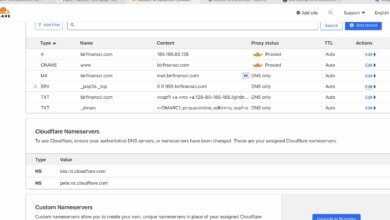IRS Audits
An IRS Audit is a process in which the IRS examines your tax return. This article covers what you need to know about IRS Audits and what happens when IRS conducts your audit.

Contents
IRS Audits can be simple checks of income or deductions or a more serious examination that could lead to you being required to pay back taxes or receive a refund. The IRS uses the Discriminant Information Function to score your tax return and determine whether you should be audited. This system compares your return against “norms” for similar returns. The IRS has a set of rules that determine which taxpayers are sent for audits. These include a system of algorithms that prioritize lower-dollar claims versus taxpayer returns with higher incomes.
How the IRS Audits Taxpayers?
The IRS uses a computer system that scans every tax return it receives and compares it to similar returns filed by other taxpayers. The system can also spot a potential gap in the information reported on your tax return that could indicate you may be claiming more taxes than you should. When the IRS does find a discrepancy, it will contact you and ask for more information. This can happen in the form of a letter, or you might be asked to come into an office to talk with an agent about the issue.
An audit usually starts when an agent asks for specific documents to back up the information on your tax return. This can be bank statements, receipts, or other documentation. If you do not agree with the auditor’s findings, you can try to resolve the situation by completing the paperwork and paying the amount owed. Alternatively, you can contact the agency’s appeals department to review your case.

What are my Chances of Getting Audited by IRS?
During an audit, the IRS tries to determine if your income and filings are accurate. The agency also uses software to compare your return to other ones with similar information and assigns a numerical score to each. You are more likely to be audited if your data differs significantly from your peers during the Discriminant Information Function process. You can avoid getting audited by avoiding certain tax scams or mistakes. These include failing to report all of your income or mismatching documentation.
Another thing to do is keep track of your deductions and tax credits. The government offers many deductions and tax credits to help you save money on your taxes. In fact, you may even qualify for some of them. However, you should still be careful about claiming these tax deductions and credits. Often, the IRS will audit these claims in an attempt to stop tax fraud. If you are ever audited, there is a chance you may have to pay a 20% accuracy-related penalty on top of any additional money you owe. In addition, you can also be charged with making material misstatements or engaging in fraud. This is a federal crime that can result in prison time.

Who Gets Audited by IRS the Most?
Getting audited by the IRS is one of the most frightening things that can happen to you as a taxpayer. Even if you are doing everything right and following all of the tax laws, you can still get audited. The most common reason for an audit is that you failed to report all of your income or made a simple mistake on your tax return. You may also be audited if you claim incorrect deductions or credits on your return or if the information in your tax return does not match up with other records the IRS has.
If you have an IRS audit, you should first collect all of your relevant records and supporting documents and prepare a detailed response to all questions. If you cannot gather these documents, you can request a postponement of the audit. You can also hire a qualified tax professional to help with the audit, such as an enrolled agent, certified public accountant, or attorney specializing in audit defense. These professionals will help you manage the process and keep you updated.
After the audit, you will receive a report showing any tax or refund adjustments. If you owe additional taxes, you can appeal the audit results. You can also request an installment agreement or offer in compromise to settle your debt for less than the full amount owed.





